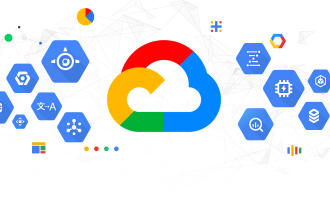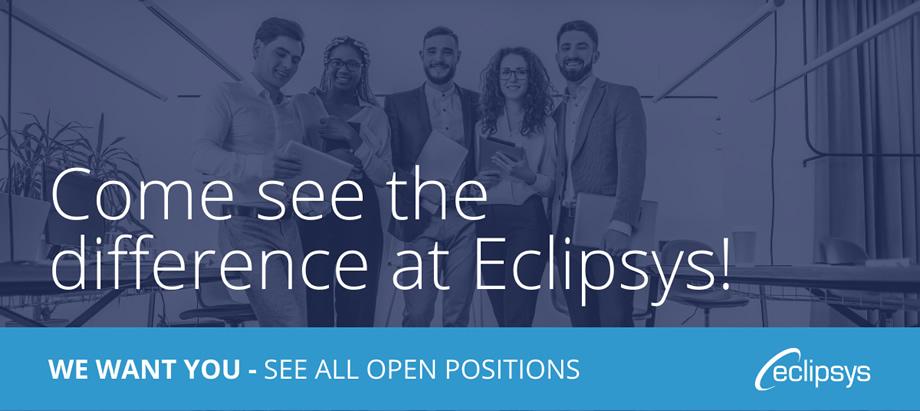Should I Stay or Should I Go?
I spent most of my career as an Oracle DBA. I am extremely grateful for the breadth of technologies that I have been exposed to – from Oracle 7.1 to the introduction of RAC to my first experience with ASM and even my fear of Oracle Financials. I clearly remember working as a DBA for Nortel and I was supporting the new SAP databases, but we still had Oracle Financials 10.7 running. This was a black box to me as a core technical DBA. I knew the basic commands to shut it down and maybe start it up. My lack of experience felt misplaced since it had the word “Oracle” in it. I didn’t feel the same way when I supported Oracle databases for Peoplesoft or SAP. However, since it was an Oracle product, I felt like I should be able to manage. Many organizations run in the same manner – having their Oracle DBAs manage their EBS environment. This is possible, just not recommended. EBS is not just a database – it is a suite of products – a true application – and it needs an Apps DBA.
But not just any Apps DBA. The technology stack underpinning EBS has evolved drastically. Oracle Application Server was mostly replaced by WebLogic Server; Forms is being replaced ADF and Java interfaces; Reports is being replaced with BI Publisher; Discoverer and BI for Fusion Apps is being replaced by OAX and lets not even begin to discuss the kludgy Identity Management solution. EBS is not pretty. Hundreds of moving parts, many in the process of being migrated-in-place to newer technologies while still being required to interoperate seamlessly requires Apps DBA consultants who have been there and done that.
Oracle E-Business Suite has its roots in Oracle Applications that was first released by Oracle in 1988. Since then it has developed into a true suite of applications that enables enterprises to manage their global business, accelerate decision making, cut costs and boost business performance. It is a critical application. But who is supporting it? Often we see organizations that have lost their EBS expertise and are relying on their core Oracle DBAs to manage this critical environment. This has resulted in over 40% of EBS installations running on unsupported versions and a challenge for businesses to keep their EBS environment current. Many are turning to other ERP systems, or Oracle ERP Cloud. In the interim they still need to move to a support version to continue to receive critical patch updates plus any new tax, legal and regulatory updates. These updates will cease for EBS 12.1 as of December of 2021. If you have a version older than 12.1 then you have not been getting any updates since 2015.
So why not upgrade? Oracle is committed to ongoing innovation in this enterprise application stack. They continue to be named a Leader by Gartner and they continue to add new features and functionality in their product set. Upgrading, or investing in a lift, shift and improve of your EBS environment to the cloud solves many IT challenges and it will provide additional business value to your organization.
Maybe organizations have not upgraded as they are looking for a replacement for EBS. This is a valid option for sure – but not simple. The options are plentiful – but many will not allow you the freedom of customization that you have been used to. This is not necessarily a bad thing – but something to keep in mind.
At Eclipsys, we can help you begin this journey. We are offering a complimentary EBS Upgrade Assessment. Maybe it’s time to get to know your EBS environment through the eyes of expert. Know your options, solidify your business case and hopefully be prepared to take your core business application to the next level.
Oh – don’t worry – it won’t be me doing the upgrade assessment. I know my limits!
More from this Author
Spring 2021 is looking a lot like Spring 2020. At home, locked down and looking for projects to do around the house. My home is my sanctuary. It provides the foundation for every other aspect of my life. Data is much the same. It is a foundation on which business decisions are made, efficiencies are... Read More
“Hey Google, can you run Oracle Database on GCP?” Yes, you can. This is an announcement that we have been waiting for. We have watched while Google made strategic acquisitions of some of the best engineers and leaders from Oracle, knowing that when they finally added support for Oracle on GCP (Google Cloud Platform) it... Read More






